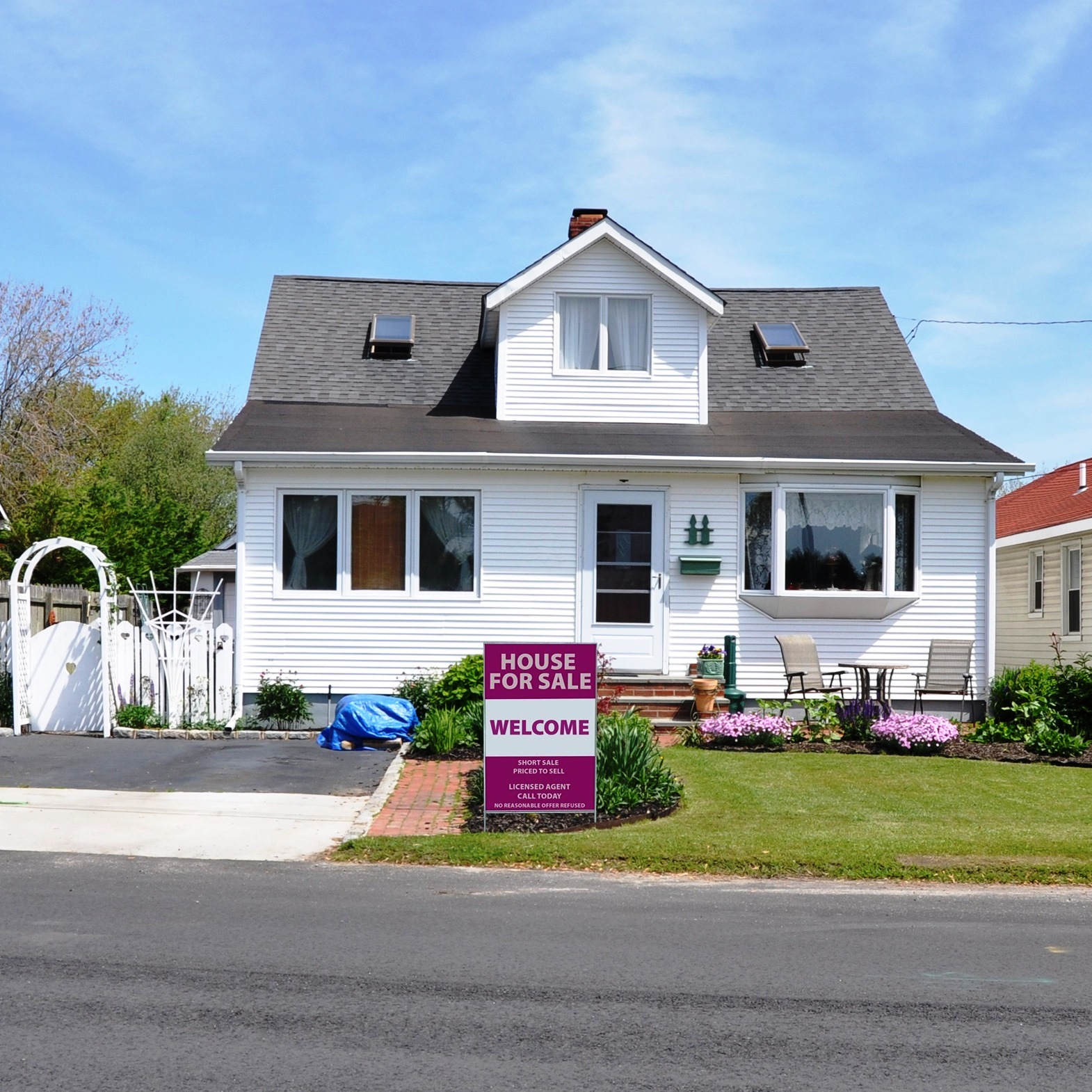
The share of home mortgage loan payments that are 30 days or more past due fell from 5.2% in August 2016 to 4.6% in August 2017. The foreclosure rate fell from 0.9% to 0.6% in the same period.
The share of mortgages that transitioned from current to 30 days past due was 0.9% in August 2017, flat compared with August 2016. This year’s rate is below the transition rate of 1.2% just before the housing crisis struck, and well below the peak rate of 2% in November 2008.
The data were reported Tuesday by CoreLogic in its Loan Performance Insights report. Early-stage delinquencies, defined as 30 to 59 days past due, were trending lower in August 2017 at 2.0%, compared with the year-ago rate of 2.1%. The share of mortgages that were 60 to 89 days past due in August 2017 was 0.7%, unchanged compared with last year’s rate. According to CoreLogic, measuring early-stage delinquency rates is important for analyzing the health of the mortgage market.
CoreLogic’s chief economist, Dr. Frank Nothaft, said:
The effect of the drop in crude oil prices since 2014 has taken a toll on mortgage loan performance in some markets. Crude oil prices this August were less than half their level three years ago. This has led to oil-related layoffs and an increase in loan delinquency rates in states like Alaska and in oil-centric metro areas like Houston.
Frank Martell, president and CEO of CoreLogic, added:
Serious delinquency and foreclosure rates are at their lowest levels in more than a decade, signaling the final stages of recovery in the U.S. housing market. As the construction and mortgage industries move forward, there needs to be not only a ramp up in homebuilding, but also a focus on maintaining prudent underwriting practices to avoid repeating past mistakes.
The states with the lowest 30-plus delinquency rate in August 2017 were North Dakota (2.0%), Colorado (2.1%) and Montana and Oregon (2.5%). The 30-plus delinquency rate was highest in Mississippi (8.4%), Louisiana (7.8%) and New Jersey and New York (7.0%).
The metro areas with the highest 30-plus delinquency rates in July were New York City (6.8%), Miami (6.3%) and Houston (6.2%). The metro areas with the lowest rates were San Francisco (1.8%), Denver (1.9%) and Los Angeles (2.8%).
Get Ready To Retire (Sponsored)
Start by taking a quick retirement quiz from SmartAsset that will match you with up to 3 financial advisors that serve your area and beyond in 5 minutes, or less.
Each advisor has been vetted by SmartAsset and is held to a fiduciary standard to act in your best interests.
Here’s how it works:
1. Answer SmartAsset advisor match quiz
2. Review your pre-screened matches at your leisure. Check out the advisors’ profiles.
3. Speak with advisors at no cost to you. Have an introductory call on the phone or introduction in person and choose whom to work with in the future
Thank you for reading! Have some feedback for us?
Contact the 24/7 Wall St. editorial team.
 24/7 Wall St.
24/7 Wall St.



